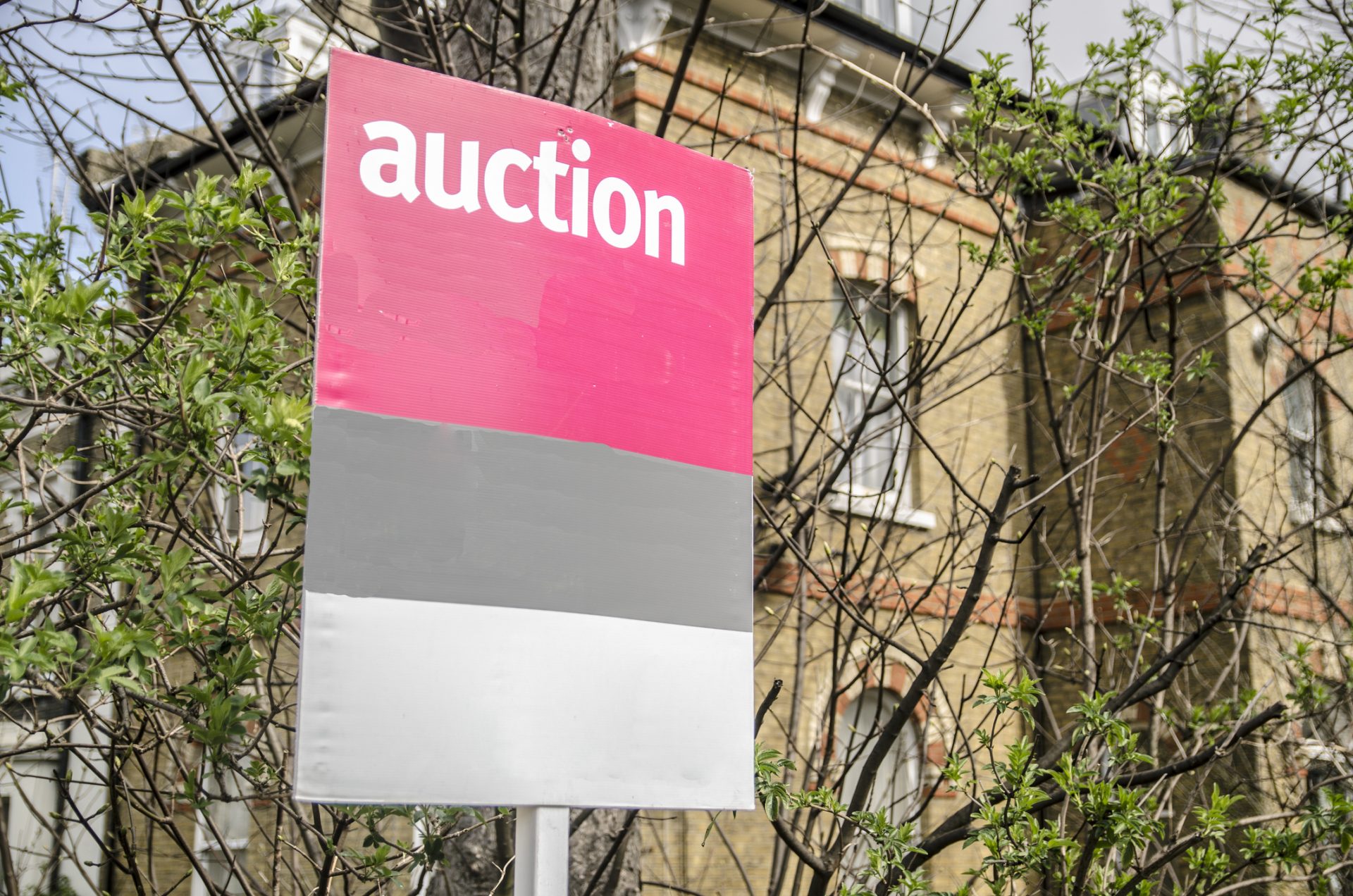May 31, 2023
In the ever-evolving world of real estate, property auctions have gained significant popularity in recent years. They offer a dynamic and efficient alternative to the traditional buying and selling process. If you’re considering buying or selling a property, it’s essential to understand the advantages and disadvantages of participating in an auction. In this article, we will explore the pros and cons of buying or selling a property at auction, focusing on our partnership between Simon Blyth and iamsold, the country’s No.1 Residential Property Auction Provider.
Pros of Buying a Property at Auction
- Transparency and Speed: Property auctions provide transparency as all potential buyers bid openly, ensuring fairness and eliminating the need for negotiations. Additionally, the process is known for its speed, allowing buyers to secure a property quickly, often completing it within weeks rather than months.
- Competitive Pricing: Auctions attract motivated buyers who are willing to compete for a property, which can result in achieving a fair market price or potentially securing a property at a lower price than expected. This competitive environment ensures that buyers have an equal chance to secure their desired property.
- Access to Diverse Property Portfolio: Auctions offer a wide range of properties, from residential homes to commercial buildings and land. This diverse portfolio provides buyers with opportunities that may not be readily available on the traditional market, allowing them to explore unique investment prospects.
- Reduced Chain Risk: In traditional property transactions, chains can be a significant source of delays and uncertainty. By participating in an auction, buyers can avoid lengthy chains altogether, minimizing the risk of transactions falling through.
Cons of Buying a Property at Auction
- Limited Time for Due Diligence: Unlike traditional property purchases, auctions have fixed timelines, which can limit the amount of time available for thorough due diligence. Buyers must conduct inspections, surveys, and legal checks before the auction or within a short post-auction period.
- Competitive Bidding Environment: While competition can drive down prices, it can also escalate bidding wars, potentially leading to overpaying for a property. It’s crucial for buyers to set a budget and remain disciplined during the auction process.
- Non-Refundable Deposit: When successfully bidding for a property at auction, buyers are required to pay a non-refundable deposit immediately. This commitment means buyers must be confident in their decision and have the necessary finances readily available.
Pros of Selling a Property at Auction
- Fast and Efficient Sales Process: Auctions offer a streamlined sales process, with completion usually occurring within a set timeframe, typically 28 days. This speed can be advantageous for sellers looking for a quick and efficient transaction.
- Competitive Bidding: Similar to the benefits for buyers, the competitive bidding environment can lead to achieving a higher sale price. Motivated buyers compete for the property, potentially driving the price above the initial expectations.
- Increased Certainty: Selling a property at auction reduces the risk of the transaction falling through, as it often requires the winning bidder to pay a non-refundable deposit immediately. This commitment provides sellers with increased certainty compared to traditional sales methods.
Cons of Selling a Property at Auction
-
- Limited Control over the Final Sale Price: While auctions can result in higher sale prices, there is also the possibility of not achieving the desired amount. Bidders’ behavior and market conditions can influence the final price, and sellers must be prepared for this uncertainty.
- Costs and Fees: Sellers should consider the costs associated with auctions, including auctioneer fees, advertising expenses, and legal fees. It’s essential to factor in these expenses when deciding whether to sell through an auction.
- Limited Target Audience:One of the potential downsides of selling at auction is the limited target audience. While auctions can attract investors and buyers looking for unique opportunities, they may not be the preferred method for traditional homebuyers. This could limit the number of potential buyers and reduce the chances of achieving the desired sale price. It’s essential to assess whether the property you’re selling is suitable for the auction market and aligns with the preferences of potential bidders.
While property auctions offer the potential for a quick sale and competitive bidding, it’s crucial to weigh the pros and cons before deciding to sell through this method. Ultimately, making an informed decision about selling a property at auction requires careful consideration of your unique circumstances, preferences, and goals. By partnering with iamsold, an established and reputable residential property auction provider, Simon Blyth can offer our clients the opportunity to explore this alternative selling option while being aware of the potential drawbacks so get in touch with your local branch today.

